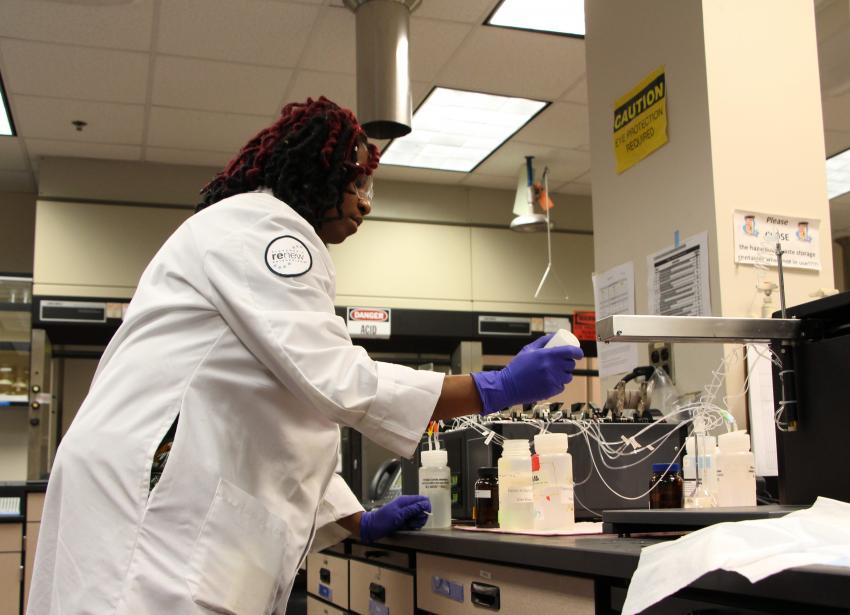AlexRenew and Howard University Partner to Study How Wastewater May Predict Future Outbreaks of COVID-19
The ability to trace the virus is essential as localities “open up.”
Fast, accurate, and reliable data on the prevalence of COVID-19 is a powerful tool to help communities respond quickly to the pandemic and save lives. But with limited testing capacity and the challenge of dealing with asymptomatic cases, finding new ways of tracking the disease is critical. A partnership between Alexandria Renew Enterprises (AlexRenew) in Alexandria, VA, and Howard University in the District of Columbia is driving a promising new approach through analysis of municipal wastewater.

Through a $200,000 grant from the National Science Foundation (NSF), AlexRenew is partnering with Howard University to study the presence of viral RNA (ribonucleic acid) in the City of Alexandria’s wastewater. AlexRenew’s lab technicians will gather wastewater samples coming into the treatment plant to determine if testing wastewater can help predict COVID-19 presence in the community. They will provide the samples to researchers from Howard University who will then analyze them to determine if testing wastewater can help predict COVID-19 presence in the community.
Dr. Jeseth Delgado Vela, assistant professor in Howard University’s Department of Civil and Environmental Engineering, explains: “Genetic material from the virus ends up in wastewater from infected individuals. Some researchers have even shown that this genetic material can be measured before the first case has even been reported. As our communities move toward easing social distancing guidelines, we believe this is a promising tool for informing public health policy.”
